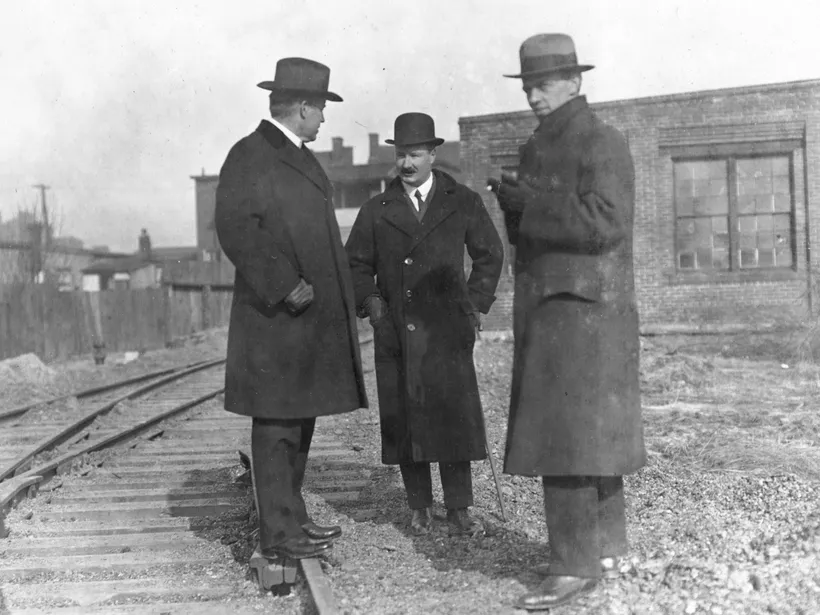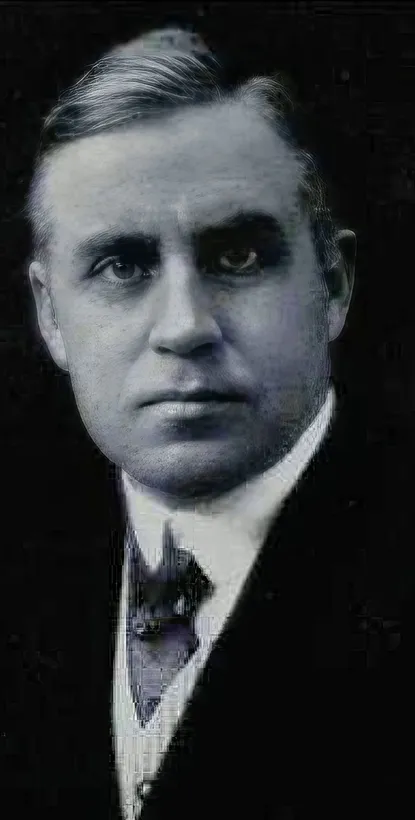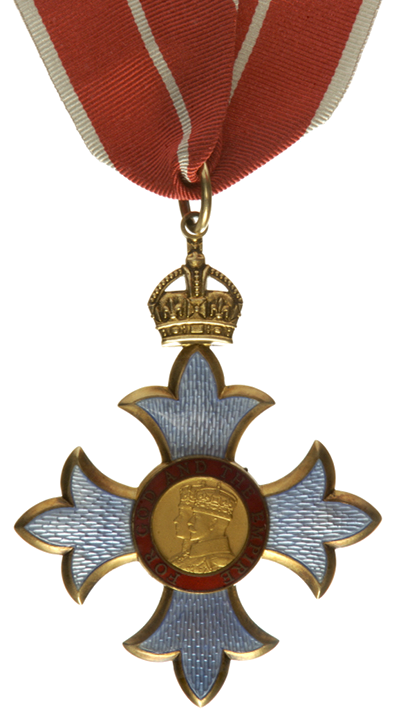
Sir Frank Wilton Baillie

Sir Frank Wilton Baillie was a financier and industrialist who, from 1901 to 1921, had a remarkable career. He died in 1921 from the complications of surgery to remove a cancer.
Sir Frank Wilton Baillie was directly involved in various savings and loan companies and life insurance companies. He was managing director of Dominion Securities, then subsequently general manager of Metropolitan Bank (merged with Bank of Nova Scotia - 1902). Later he was instrumental in forming many investment firms.
As an industrialist, Baillie formed:
- Canadian Cartridge Company (1914 to supply the Great War).
- Canada Steel Company,
- Dominion Steel Castings,
- Canada / Burlington Steel and
- Dominion Steel Foundry (later all became DOFASCO).
The Canadian Cartridge company contracted to produce two million 18-pounder cartridges. The war contracts were so successful that Baillie returned $758,000 to the British crown as "excess profits" ($14.8 million in 2025 dollars).
Baillie was recognized both in Canada (Imperial Munitions Board) and Britain (Ministry of Munitions) as a strong business leader for quality production at a sustainable price. The Imperial Munitions Board facilitated the buying of the small Curtiss factory in Toronto and installed Baillie as president of the new company, Canadian Aeroplanes Limited. Canadian Aeroplanes Limited would produce the JN-4 "Canuck", which was independently derived from the JN-3.
Baillie moved quickly to start manufacturing. The small Curtiss Aeroplanes and Motors Limited factory in Toronto was acquired in December 15, 1916. Additional space was rented and manufacturing of the new JN-4 began immediately. On January 26, 1917 Canadian Aeroplanes Limited signed a contract with Jackson-Lewis Contractors to built a new and much larger factory. To the astonishment of most observers, within ten weeks he had a new, fully equipped factory operating on six acres on Dufferin Street, in Toronto’s west-end industrial district. By November aircraft were leaving at a rate of more than 50 per week. Valued at nearly 14 million dollars, the aircraft produced were primarily Canadian Curtiss JN-4s. (The number of JN-4s is estimated at 1,260 complete planes plus parts equal to about 1,600 more; 100 Avro 504's and 30 Felixstowe F.5 flying boats were also built for the American government in 1918–19.) Baillie’s effort was remarkable.
Materials were sourced locally. For example Irish linen was replaced with Wabasso cotton for covering wings and fuselages and was shipped in from Trois-Rivières and Sitka spruce for frames from British Columbia’s coastal forests. Some 2,400 workers had to be assembled, ranging from skilled woodworkers and machinists to the many women needed to stitch the fabric covered surfaces. Dictionary of Canadian Biography (https://www.biographi.ca/en/bio/baillie_frank_wilton_15E.html)
Sir Frank Wilton Baillie was the first Canadian to receive the Knight Commander of the British Empire, issued by George V in 1918.
From the London Gazette - 7 January 1918 (Supplement 366):
To be Knights Commanders of the said Most Excellent Order:
Frank Baillie, Esq. Director of National Aeroplane Factory, Toronto.
Lady Baillie relocated to the ![]() Lisonally Farm (click for map) that the Baillie's owned in Oakville. Sir Frank Wilton Baillie was originally buried in Mount Pleasant Cemetery, but subsequently moved to St Jude's in Oakville Ontario, in the 1960's. The mausoleum in Mount Pleasant Cemetery named "Just" was originally built for the Baillie family, but purchased by the Just family in 1970.
Lisonally Farm (click for map) that the Baillie's owned in Oakville. Sir Frank Wilton Baillie was originally buried in Mount Pleasant Cemetery, but subsequently moved to St Jude's in Oakville Ontario, in the 1960's. The mausoleum in Mount Pleasant Cemetery named "Just" was originally built for the Baillie family, but purchased by the Just family in 1970.
![]() Original Interment Mount Pleasant Cemetery 1921
Original Interment Mount Pleasant Cemetery 1921
![]() RFC and RAF in Canada First World War written 1919
RFC and RAF in Canada First World War written 1919
![]() Gift to the Crown and Knighthood Toronto Star January 1918
Gift to the Crown and Knighthood Toronto Star January 1918


